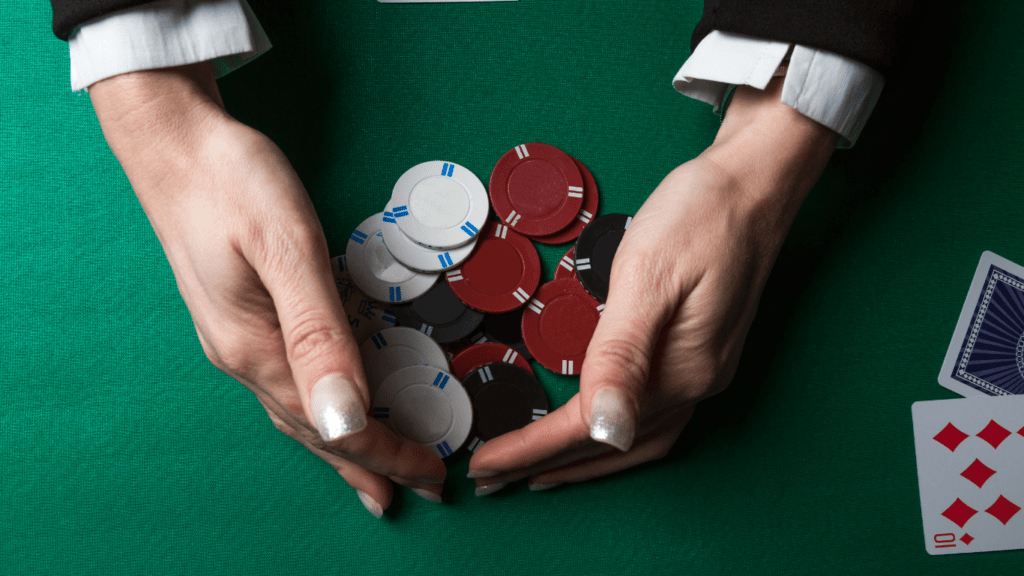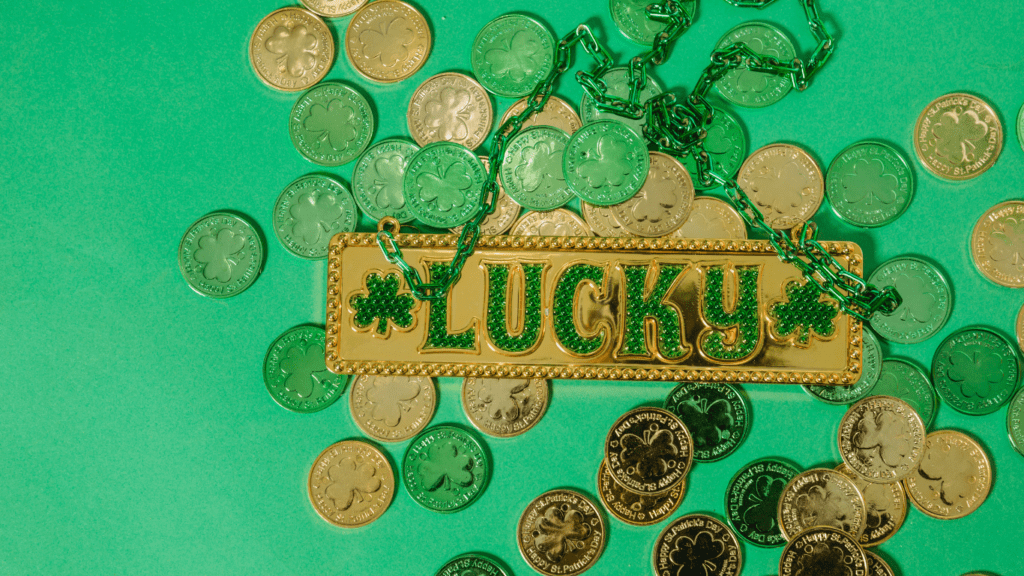Understanding Cognitive Biases
Cognitive biases play a crucial role in how we perceive luck. These biases, or mental shortcuts, often lead us to make judgments or decisions that aren’t entirely rational.
Definition and Types of Cognitive Biases
Cognitive biases refer to systematic patterns of deviation from norm or rationality in judgment. These biases affect decision-making and perception. Common types include:
- Confirmation Bias: Favoring information that confirms existing beliefs.
- Gambler’s Fallacy: Believing that past random events affect future ones.
- Hindsight Bias: Seeing events as predictable after they have happened.
- Anchoring Bias: Relying heavily on the first piece of information encountered.
Each bias influences perception differently, shaping our understanding of events and outcomes.
Impact of Cognitive Biases on Decision-Making
Biases significantly impact decision-making by skewing perceptions and evaluations of risk and opportunity. When influenced by confirmation bias, I may only seek out information that aligns with my previous experiences, therefore ignoring contradictory evidence. The gambler’s fallacy might lead me to make flawed predictions about future outcomes based on past occurrences. Recognizing these biases helps me evaluate situations more objectively, reducing errors in judgment. By being aware, I can make choices that are better aligned with reality, improving decision-making processes overall.
Perception of Luck
Luck appears to be a mysterious force influencing our lives in unpredictable ways. Our perception of luck often intertwines with cognitive biases, shaping our understanding of what luck truly means.
What Constitutes Luck?
Luck constitutes events perceived as favorable or unfavorable occurrences that seem outside personal control. These outcomes often arise from random events or external factors rather than direct actions or decisions. For example, stumbling upon a $20 bill while walking (random event) may be considered lucky. However, attributing success entirely to luck without acknowledging skill or effort can distort reality.
Psychological Factors Affecting Perceived Luck
- Certain psychological factors, influenced by cognitive biases, affect how we perceive luck.
- Confirmation bias causes individuals to notice and remember events that align with their beliefs about being lucky or unlucky.
- If someone believes they’re lucky, they’ll likely notice coincidences that validate this belief.
- The gambler’s fallacy leads to the interpretation of independent events as related, fostering a skewed sense of luck. For instance, assuming a coin flip gives a higher probability of heads after several tails represents this skewed perception.
- These psychological patterns shape our internal narratives about luck, embedding irrational beliefs into decision-making processes.
The Connection Between Cognitive Biases and Luck

Cognitive biases color our perception of luck, influencing how we interpret events. By understanding these biases, I can gain insights into how my views on luck shape my decisions.
Confirmation Bias and Luck
Confirmation bias leads me to focus on evidence that supports my belief in being lucky or unlucky. When I win a game of chance, I remember it more vividly if I already think I’m lucky. I might disregard losses that don’t fit this belief, reinforcing the idea that luck favors me.
Availability Heuristic and Perceptions of Luck
Availability heuristic impacts how I perceive the likelihood of lucky events. If I recently heard stories of people winning the lottery, I might overestimate my own chances of winning. This bias relies on the immediacy and frequency of information available to me, distorting my perception of luck.
Hindsight Bias in Luck Evaluation
Hindsight bias affects how I evaluate past events that involve luck. After a successful outcome, I might feel I always knew it would happen, attributing it to skill rather than luck. This bias makes it easier to claim foresight, masking the true role of chance in the outcome.
Real-World Examples
Cognitive biases often alter how we perceive luck. By examining specific cases, I can illustrate how these biases manifest in real-world contexts.
Case Studies Illustrating Biases and Luck
I recall a study on confirmation bias where lottery participants frequently attributed their wins to personal lucky charms instead of random chance. This bias reinforced their belief that luck could be manipulated, distorting the randomness of lottery outcomes. In another instance, investors affected by the gambler’s fallacy kept betting on a declining stock, expecting a rebound based on past fluctuations. Their decisions, driven by a cognitive bias, led to financial loss. These examples underscore how cognitive biases skew perceptions, giving undue credit to luck instead of acknowledging randomness or skill.
Everyday Scenarios of Misjudged Luck
Consider a situation where I consistently play a game of dice with friends and occasionally win. I might start believing I’m exceptionally lucky based on those wins. The availability heuristic might reinforce this belief, as recent wins make my perceived luck seem more frequent than it is. Similarly, I often hear colleagues credit career advancements to luck due to hindsight bias, overlooking the skills and effort involved. These everyday scenarios highlight how bias can make me and others misjudge luck, often overlooking critical factors that contribute to outcomes.



 Gambling Industry Expert for Key Gamble Lucky, specializing in delivering up-to-date gambling news, effective betting strategies, and in-depth insights into various casino games. With years of experience and a profound understanding of the gambling industry, Irinalin’s expertise goes beyond just surface-level knowledge. They dive deep into the evolving trends, legal updates, and the psychological aspects of gambling. Through thoughtful analysis and research, Irinalin equips readers with practical tips, strategies, and the confidence needed to make informed decisions in the complex world of betting, whether they’re beginners or seasoned players.
Gambling Industry Expert for Key Gamble Lucky, specializing in delivering up-to-date gambling news, effective betting strategies, and in-depth insights into various casino games. With years of experience and a profound understanding of the gambling industry, Irinalin’s expertise goes beyond just surface-level knowledge. They dive deep into the evolving trends, legal updates, and the psychological aspects of gambling. Through thoughtful analysis and research, Irinalin equips readers with practical tips, strategies, and the confidence needed to make informed decisions in the complex world of betting, whether they’re beginners or seasoned players.